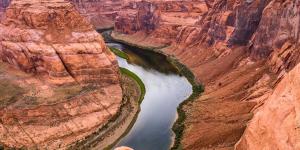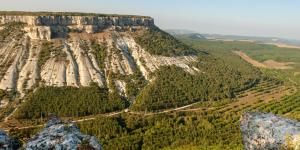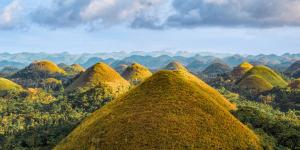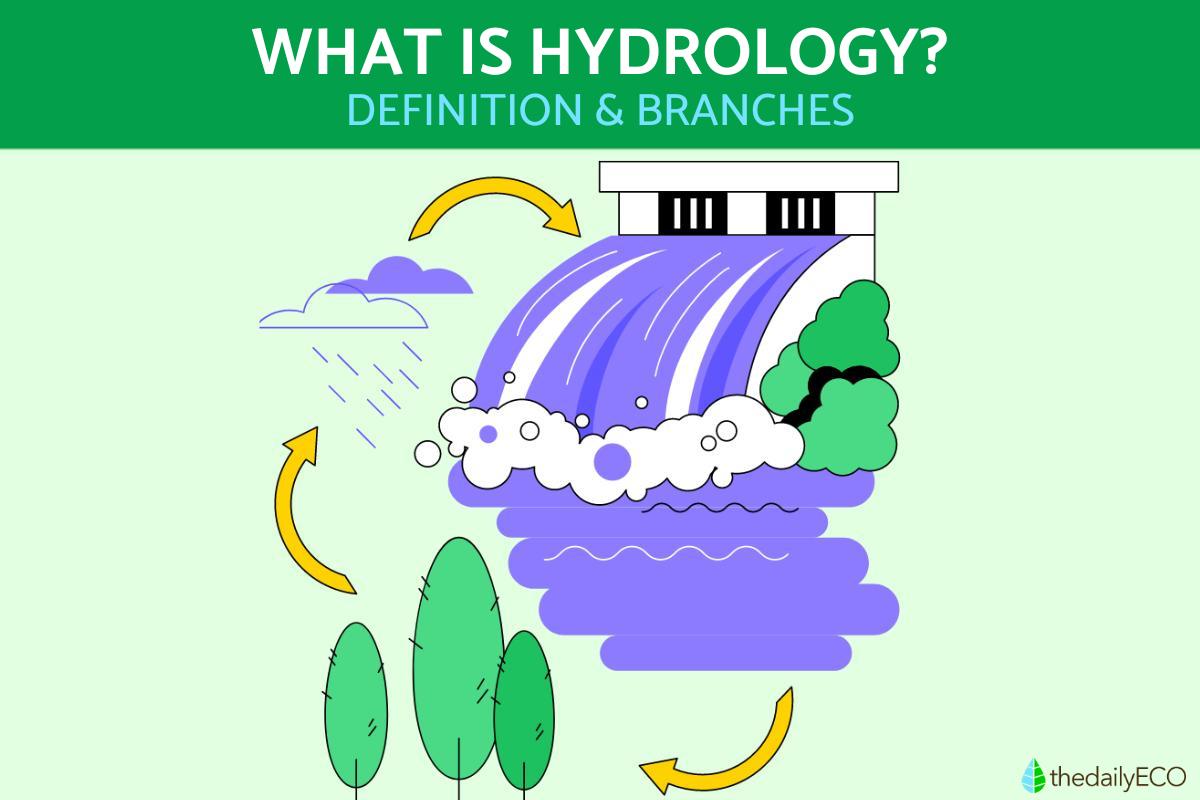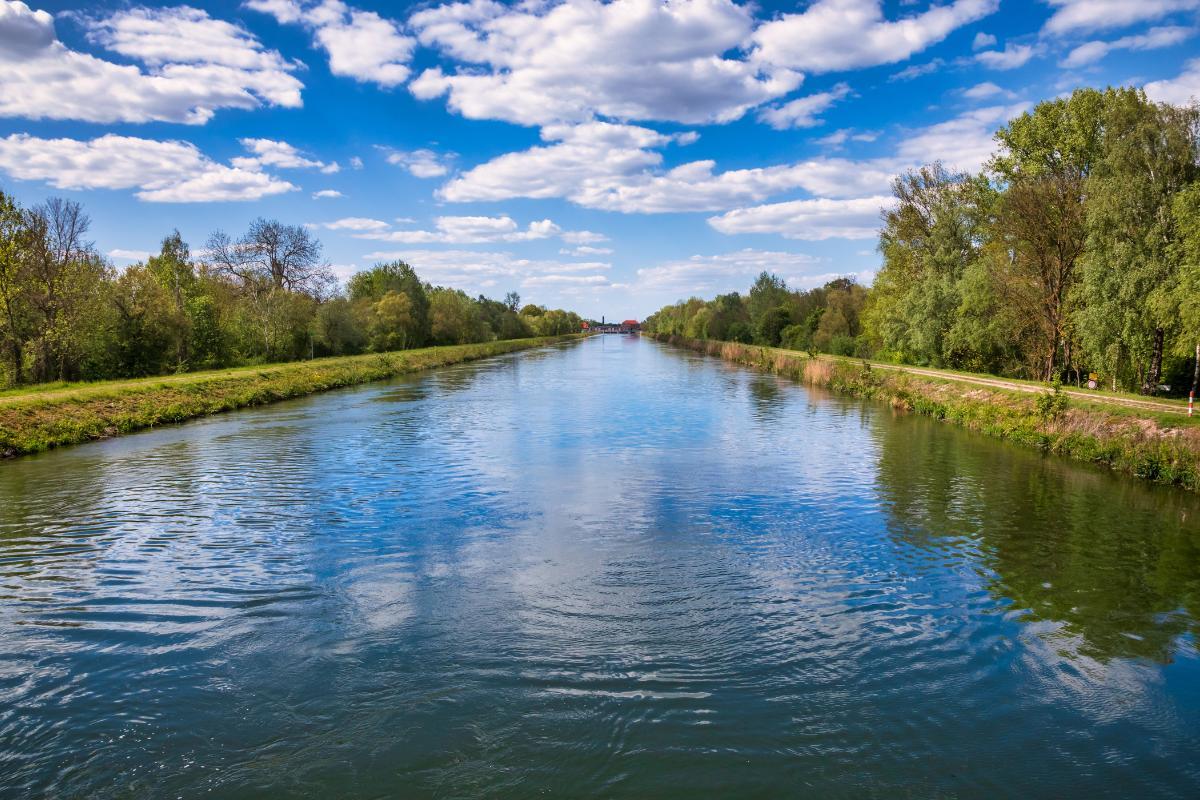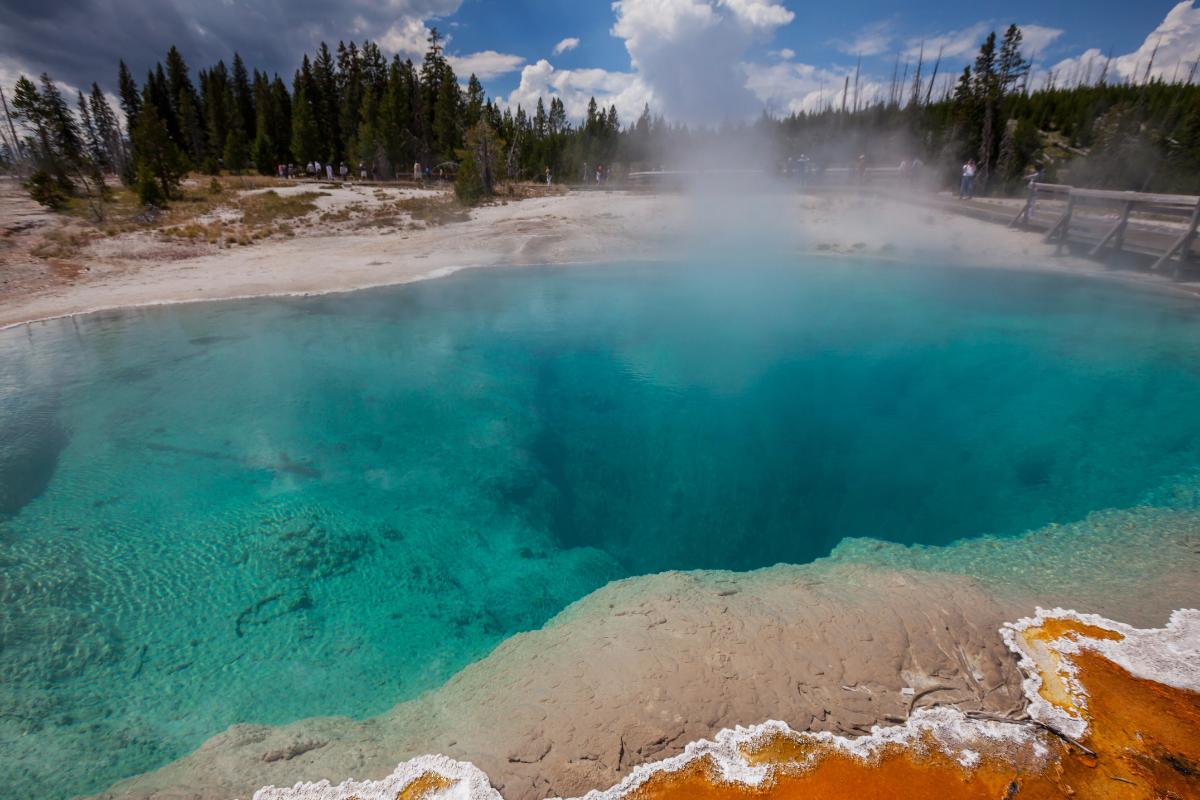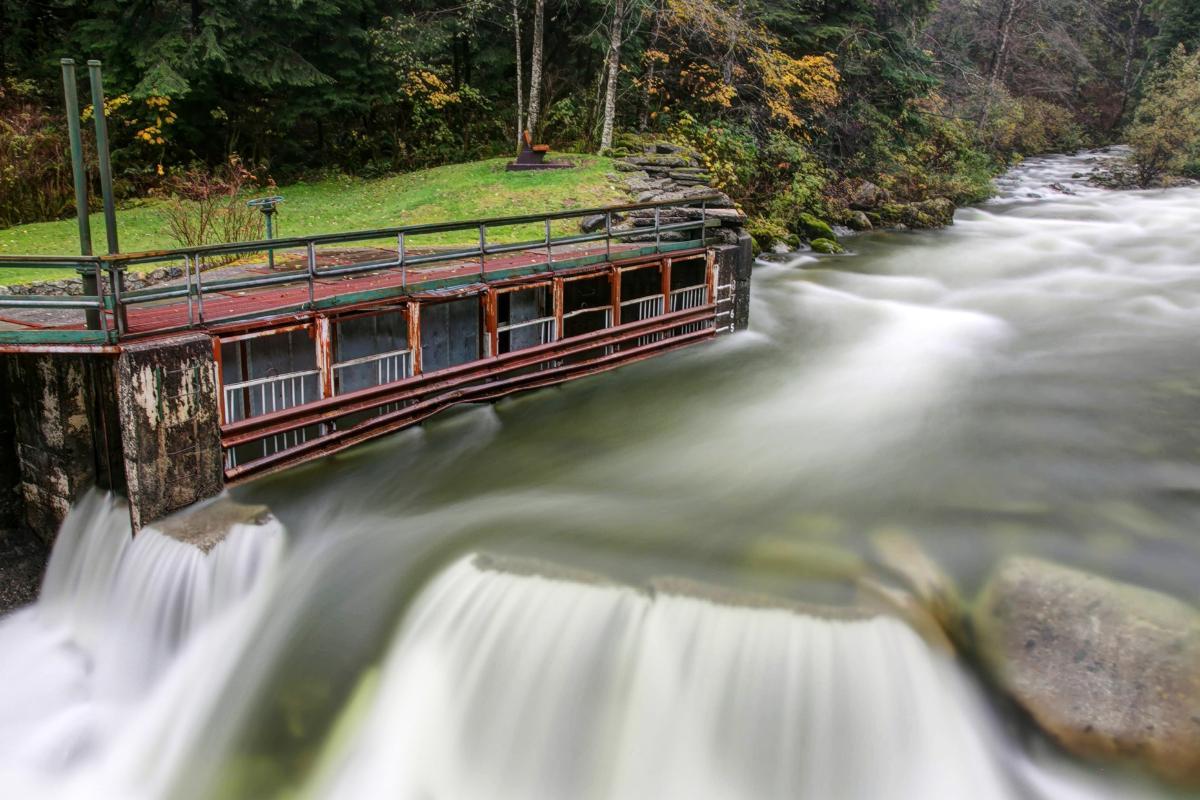What Is Hydrology in Geography?


Hydrology is the scientific discipline that studies the water cycle on Earth, including its distribution and movement, as well as its physical and chemical properties. This discipline covers the analysis of precipitation, water runoff, soil infiltration, river currents, aquifer recharge, evaporation and much more. With thedailyECO, you can discover what is hydrology in geography? In addition to providing a definition and its functions, we explain the different branches and applications in developing our continued understanding of our Earth.
What is hydrology?
Hydrology is the science that studies water on Earth, especially its distribution, movement and various properties. In geography, hydrology deals with analyzing how water circulates through the atmosphere, the Earth's surface and the subsoil, as well as the processes that influence the water cycle. In understanding these factors, hydrology actively seeks to improve management of the Earth's water resources. It is also considered a discipline of Earth Sciences.
Also known as the hydrologic cycle, the water cycle is fundamental to hydrology. This cycle describes how water evaporates from oceans and other bodies of water, condenses in the atmosphere to form clouds, precipitates as rain or snow and then moves over the Earth's surface. As it does so, it infiltrates soils, enters aquifers and creates various bodies of water.
Discover a related, but different geographic discipline related to water, with our article on what is hydrography?

Branches of hydrology
Hydrology is divided into several specialized branches, each of which focuses on different aspects of the water cycle and its interaction with the environment. They include the following:
- Surface hydrology: this branch focuses on the study of water found on the Earth's surface, such as rivers, lakes and reservoirs.
- Underground hydrology: also known as hydrogeology, this branch studies groundwater, the water that infiltrates the soil and is stored in aquifers. Discover the types of aquifers in our related guide.
- Hydrometeorology: this branch combines hydrology and meteorology to study the interactions between the atmosphere and the Earth's surface, especially with regard to precipitation, evaporation and transpiration.
- Urban Hydrology: specializes in the study of water in urban environments, where infrastructure and human activity significantly affect the hydrologic cycle. This branch analyzes how urbanization and sewer systems influence runoff, water quality and flood risk.
- Basin hydrology: focusing on the study of watersheds, this branch examines how the different components of the water cycle interact within a specific basin.
- Isotopic hydrology: this is a more specialized branch that uses isotopes of water to trace the movement and origin of water in the hydrological cycle.
Learn about the importance of maintaining the water cycle with our article on what are water resources?

History of hydrology
Early civilizations, such as those of Egypt, Mesopotamia, India, and China, already carried out rudimentary hydrological practices. For example, ancient engineers in Egypt developed systems of canals and dams to control flooding on the Nile River, allowing them to regulate agricultural irrigation. In Mesopotamia, Sumerian and Babylonian cultures built complex irrigation systems to maximize agricultural production in the fertile lands between the Tigris and Euphrates rivers.
The Renaissance marked a revival of interest in natural sciences in Europe, including hydrology. Leonardo da Vinci (1452-1519) and Galileo Galilei (1564-1642) made important observations on the movement of water, laying the groundwork for a more scientific approach. Da Vinci studied river flow and erosion processes, while Galileo worked on fluid mechanics. Both were crucial to understanding how water behaves under different conditions.
In the 17th and 18th centuries, hydrology began to establish itself as an independent science. Pierre Perrault and Edme Mariotte were two French scientists who conducted studies in the Seine River basin. They demonstrated that precipitation was sufficient to feed the rivers, an insight that was crucial to understanding the hydrological cycle. During this time, advances were also made in measuring river flow and in understanding the processes of evapotranspiration.
In the 19th century, more accurate measurement techniques and technologies were developed. They included rain and river gauges. In the 20th century, hydrology was transformed into a modern science with the introduction of mathematical tools, computer modeling and the application of more advanced physics theories.
The formulation of the concept of the watershed as a unit of study allowed for a more integrated analysis of the water cycle. During this time, scientists such as Robert E. Horton and Ven Te Chow made fundamental contributions to the study of the hydrologic cycle and the modeling of hydrologic processes.
What does a hydrologist do?
A hydrologist is a scientist who specializes in the study of water and its processes on Earth. Their primary role is to understand and manage the water cycle. Their role differs depending on whether they are studying water precipitation, infiltration, river flow, aquifer recharge or evaporation, but there is also crossover between branches.
A fundamental part of a hydrologist's job is collecting data about water in its various forms. This can include measuring precipitation, river flow, groundwater levels and water quality in different bodies of water.
Hydrologists develop and use computer models to simulate the behavior of water in the environment. These models can predict how water will behave under different conditions, such as during storms, droughts or changes in land use.
They are important in the planning and sustainable management of water resources. This includes assessing water availability for public supply, agriculture, industry and ecosystem conservation. They also work on identifying sources of pollution and developing strategies to protect water quality.
Mismanagement of water resources can lead to many problems, a topic we tackle in our article explaining what is water stress?

Applications of hydrology and its importance
Hydrology has numerous practical applications that are fundamental to human well-being, environmental protection and sustainable development. They include the following:
- Water resource management: hydrology is essential for planning and managing water resources. This includes providing drinking water to populations, managing resources for agriculture and industry and conserving aquatic ecosystems.
- Flood and drought control: floods and droughts are natural phenomena that can have devastating impacts on communities and economies. Hydrology provides tools and knowledge to predict, mitigate and manage these extreme events.
- Urban planning and development: in urban areas, it is used to design efficient drainage systems that prevent the accumulation of water during storms and reduce the risk of flooding in densely populated areas.
- Agriculture and irrigation: hydrology is fundamental to the design and management of irrigation systems, helping to optimize water use in agriculture.
Hydrology is important for sustainable development, food security, environmental protection and climate change adaptation. By ensuring efficient and sustainable water management, hydrology helps prevent disasters, protect public health, support economic development and preserve biodiversity.
Learn more about a specific type of water which is studied in hydrology with our article asking what is groundwater?
If you want to read similar articles to What Is Hydrology in Geography?, we recommend you visit our Environment (other) category.
- Hydrologic Cycle (n.d.) Hydrology. Retrieved from: https://www.ciclohidrologico.com/hidrologa
- Characteristics of Hydrological Disasters: An In-Depth Study in Hydrology. Water Institute. Retrieved from: https://institutodelagua.es/hidrologia/caracteristicas-de-los-desastres-hidrologicoshidrologia/
- Climatology and hydrology. Retrieved from: https://wwww.igme.es/actividadesIGME/lineas/HidroyCA/publica/libros1_HR/libro101/pdf/lib101/in_03.pdf


